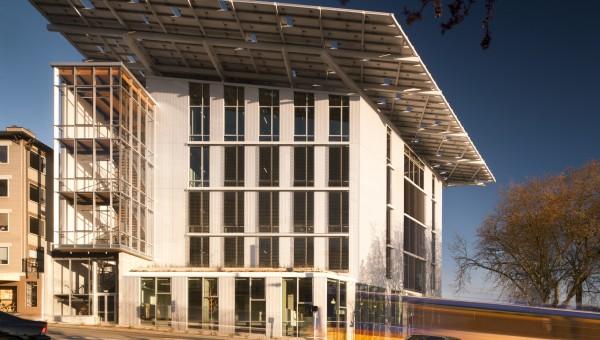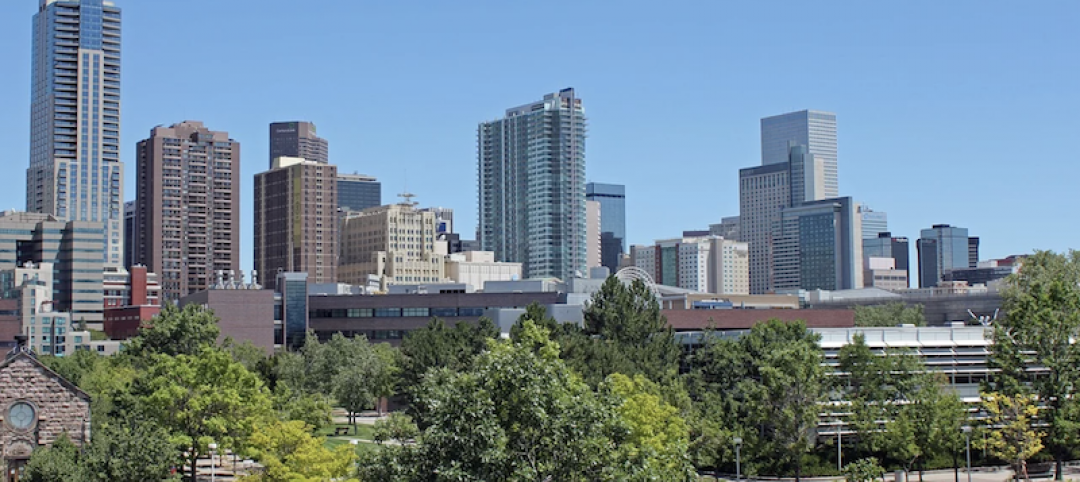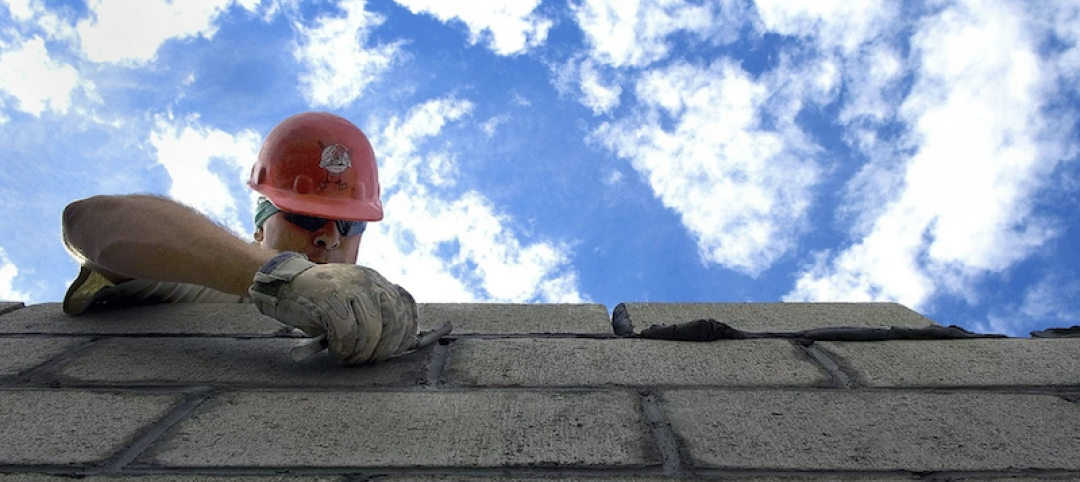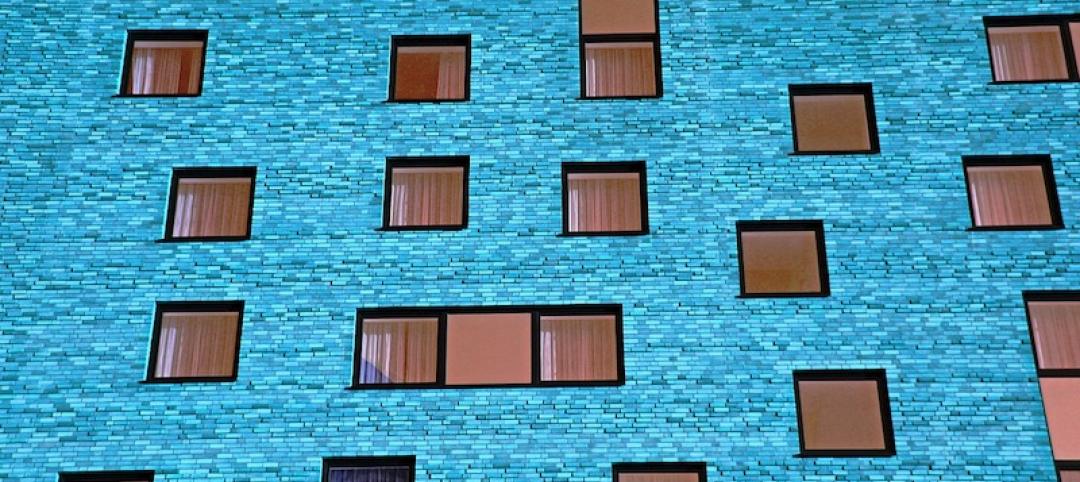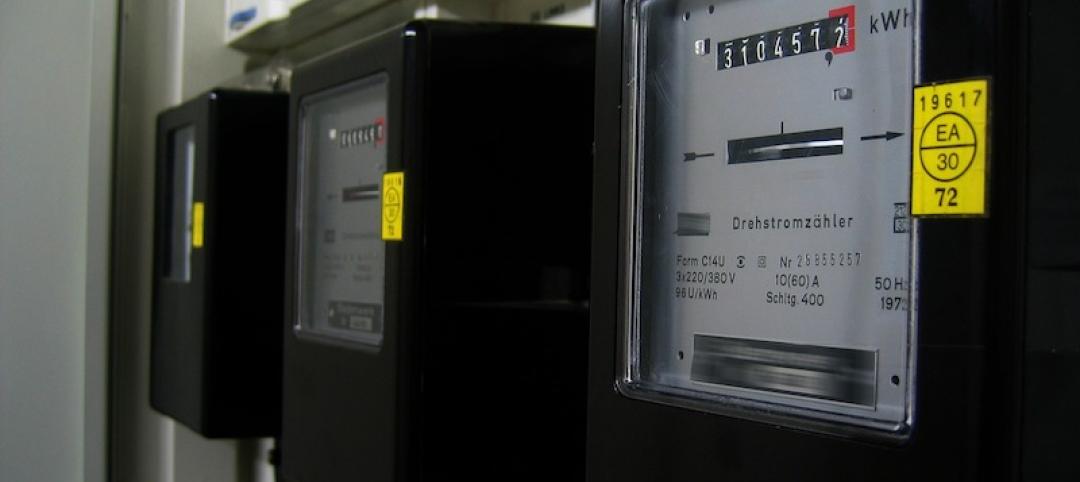The Bullitt Center in Seattle, which some say is the world's "most efficient" office building is not only influencing how other structures are built, it is contributing to revisions of codes and public policy.
The building’s design was made possible by Seattle’s Deep Green Pilot Program that allows builders to deviate from standard codes to build more sustainably. For example, the building was allowed to add two to three feet to the height of each floor to allow more daylighting. Neighbors objected to the additional 10 feet in overall building height, but the program permitted the non-conforming design.
Some of the building’s code deviations have been incorporated into the city code. For instance, the city council and the mayor had to approve changes to the building code to allow permits for “sustainability features.” This move allows the building’s solar canopy to extend all the way to the property line.
Bullitt Foundation, the environmental group that owns the building, recently signed a first-in-the-nation agreement with the local utility that will allow the foundation to sell Seattle City Light the energy it is saving or “negawatts.” The arrangement, known as MEETS (metered energy efficiency transaction structure) could be a pioneer in drawing investment funds to energy-efficiency projects.
Bullitt is also seeking final approvals from the county and state to turn the building into its own water district. That designation would allow tenants to drink rainwater collected on site and treated in the building’s basement.
(http://grist.org/business-technology/how-one-building-is-changing-the-world/)
Related Stories
Codes and Standards | Jan 31, 2020
Colorado ranks first in LEED Top 10 states
Rankings of states for LEED certified square feet per person released.
Codes and Standards | Jan 30, 2020
Dramatic demographic shifts poised to alter global workplace
By 2030, Millennials and Generation Z will dominate workforce.
Codes and Standards | Jan 29, 2020
Half of Manhattan’s new residential skyscrapers are empty
Excess comes as middle class housing shortage worsens.
Codes and Standards | Jan 28, 2020
Updated Engineered Wood Construction Guide now available
Provides guidance on building engineered wood floors, walls, and roofs.
Codes and Standards | Jan 24, 2020
Fenestration Rating Council earns ANSI certification
FenStar Certification Program ensures windows, doors, and skylights meet Energy Star specifications.
Codes and Standards | Jan 23, 2020
Rent control policies backfire on goal of boosting affordable housing
Natl. Apartment Assn. study says rent control decreases housing supply, harms condition of housing stock.
Codes and Standards | Jan 22, 2020
Potential energy savings from smart meters is largely unrealized
Most utilities underuse the technology that can help customers save money.
Codes and Standards | Jan 21, 2020
Contractors pay practices reviewed in new database
Fastest and slowest paying GCs revealed.
Codes and Standards | Jan 17, 2020
Several states with ambitious climate goals will have to restrict natural gas as a fuel
Buildings would have to heat and cook with electricity.
Codes and Standards | Jan 16, 2020
New solar-ready mandate affects commercial and residential buildings in St. Louis
All new buildings must have reserved rooftop sections for PVs.


